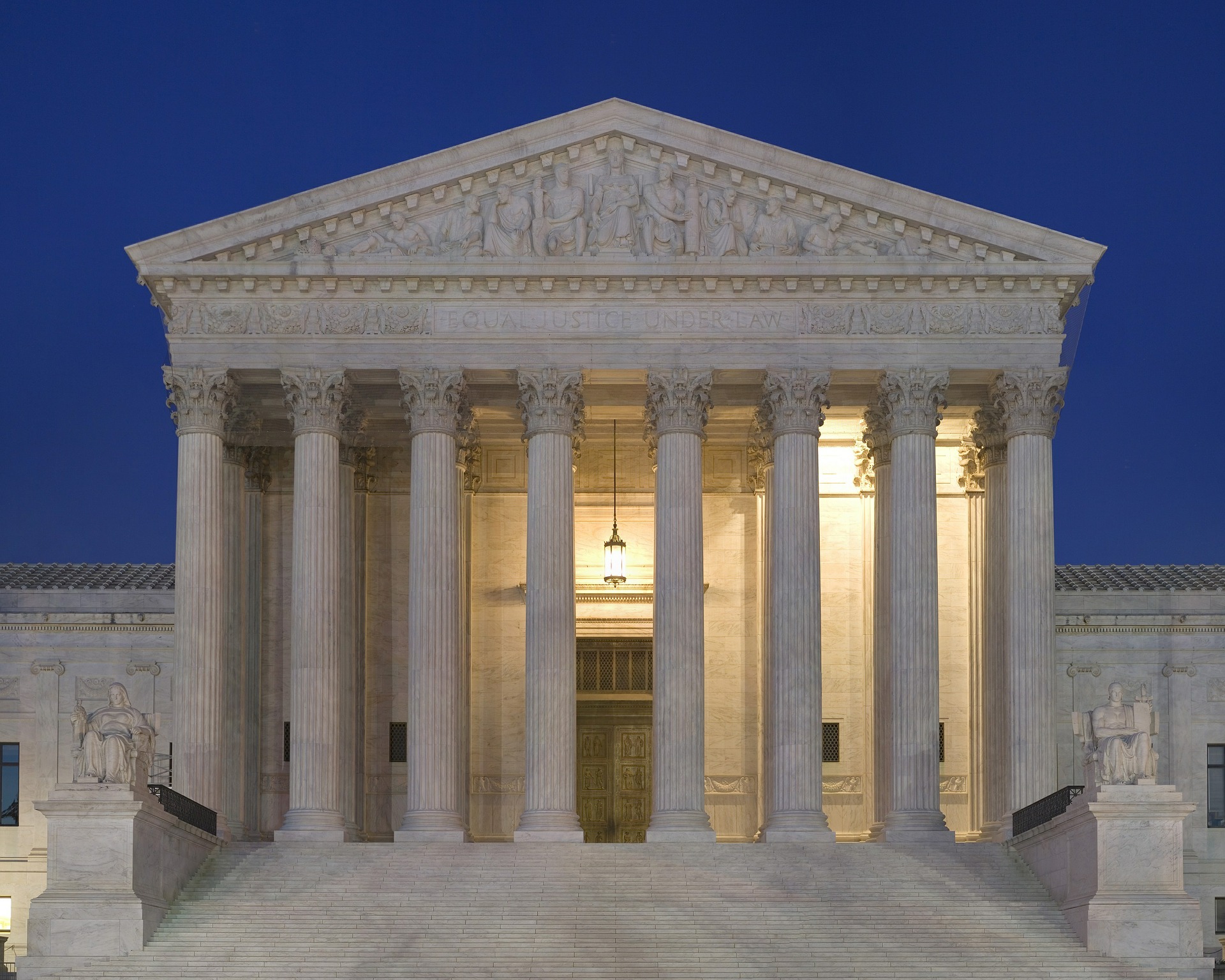With just a few weeks into the new year, the judicial branch has been hard at work issuing decisions that spell trouble for the Trump administration.
On Wednesday, January 15th a federal judge in Maryland issued a temporary injunction preventing the Trump administration from implementing the President’s executive order “Enhancing State and Local Involvement in Refugee Resettlement,” issued by the President on September 26th of last year.
As part of the executive order, the President authorized state and local governments to refuse the placement or resettlement of refugees in their communities stating that, the Federal government, as an exercise of its broad discretion, “should resettle refugees only in those jurisdictions in which both the State and local governments” consent to receive refugees under the Department of State’s Reception and Placement Program.
The government by its order sought to tighten the placement of refugees in the United States by allowing refugees into the United States only if both the State and local government consent to their placement in the State or locality.
In response to a lawsuit filed by refugee-resettlement organizations challenging the executive order, U.S. District Judge Peter Messitte said that the plaintiffs were “clearly likely to succeed in showing, that, by giving states and local governments veto power over the resettlement of refugees within their borders, the [executive] order is unlawful.”
To preserve the status quo, until a final decision is made on the merits, Judge Messitte issued a temporary injunction blocking the government from enforcing any part of the executive order on a nationwide basis.
 Visa Lawyer Blog
Visa Lawyer Blog











